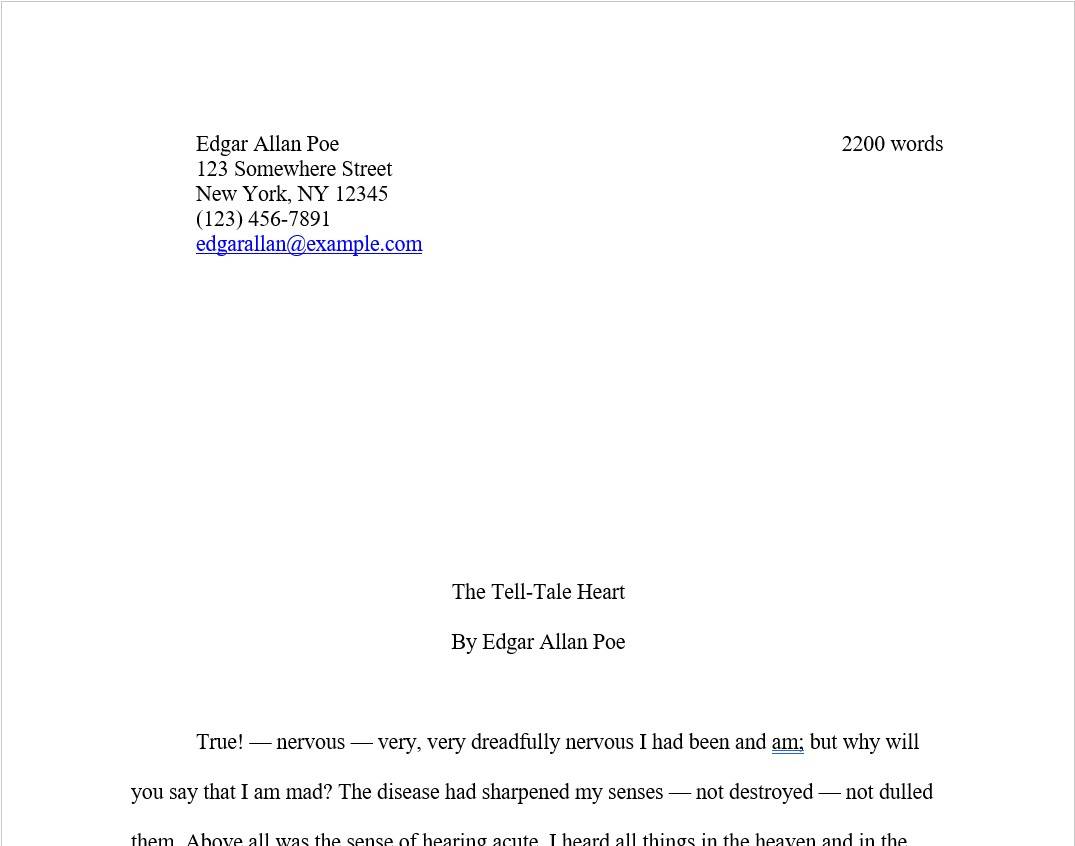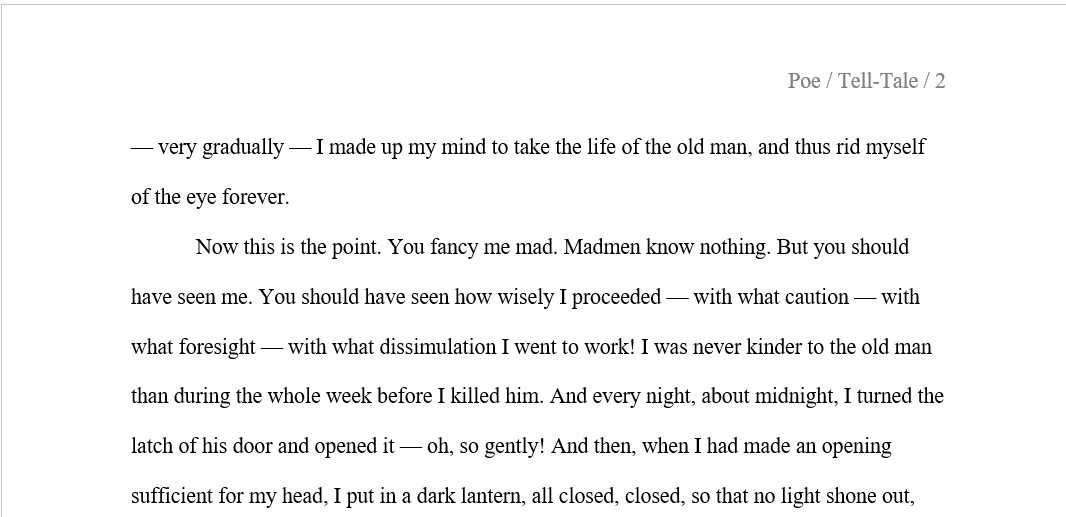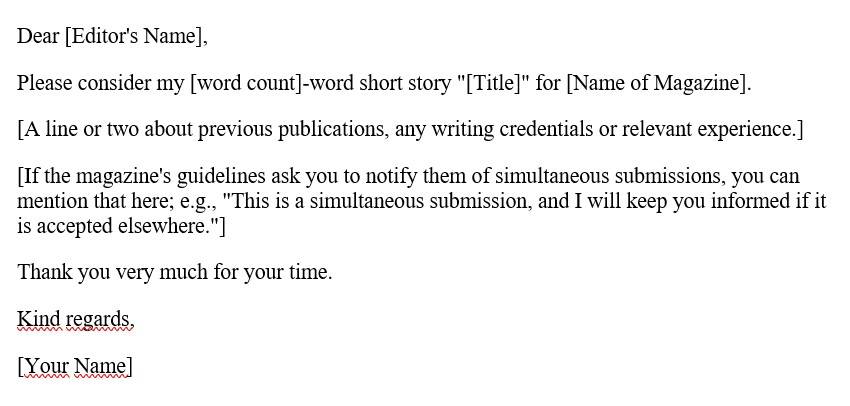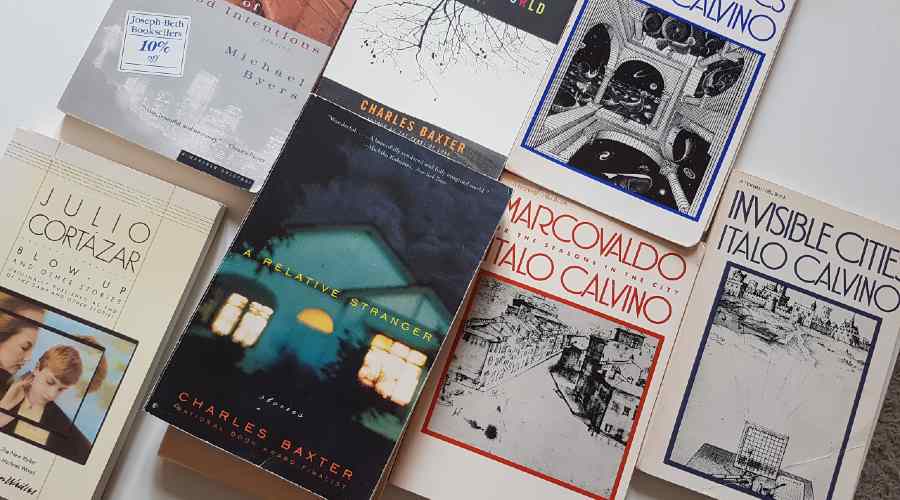Publishing Short Stories
On this page, you'll find a step-by-step guide to publishing short stories, including submitting to literary magazines, publishing a book-length collection, and self-publishing options.
Publishing stories in literary magazines
Many short story writers begin by publishing their work in literary magazines or journals.
It's unusual for a new author to publish a book-length story collection without a previous publishing track record. Publishing in literary magazines lets you build up this track record.
It's a way to get your writing out into the world and participate in the literary community. It's also a way to get noticed by literary agents.
Here's how to do it!
1) Find suitable magazines.
We've created a directory of magazines that publish short stories, which you can get for free here.
2) Match your style.
Before deciding to submit to a magazine, take some time to check out the stories it publishes. You can read online versions of many magazines for free.
You're looking for magazines that publish stories similar to your own in terms of subject matter and tone, style and form. This is a good indication that your story might fit what the magazine's editors are looking for.
3) Check the guidelines.
Once you've selected a target magazine, visit its website to make sure it's currently accepting submissions and check the submission guidelines.
These days, most magazines accept submissions via online platforms or email. Some charge a fee for submission, but you'll find plenty of magazines that accept submissions for free.
4) Prepare your manuscript.
Always follow the specific magazine's submission guidelines. But if no formatting instructions are provided, use standard manuscript format.
- Use Times New Roman, Courier, or Arial font, black, 12 pt.
- On the first page, put your name and contact information in the top left corner, single-spaced.
- Put the word count of your story in the top right, using a rounded number; e.g., "3,000 words" instead of "3,142 words." (In most versions of Microsoft Word, the word count will automatically appear in the bottom bar as you are typing. There are also many free online word-counting tools such as Wordcounter.io and Easywordcount.com.)
- Go about a third of the way down your first page and type your title, centered. On the next (double-spaced) line, type "by" (lower-case) and your name, also centered.
- Then go down two more double-spaced lines and begin your story, which should be left-aligned and double-spaced. Use the Tab button to indent the first line of each new paragraph half an inch, and do not leave an extra line between paragraphs.
- In the header of each subsequent page, include the page number on the right in the following format: Your Last Name / Title (or Shortened Version) / #. For example: Poe / Tell-Tale / 2
The first page of your story manuscript will look similar to this:

The second page of your story manuscript will look similar to this:

Pasting manuscripts into online tools or the body of an email tends to cause some formatting problems. In these cases, you might be better off single-spacing your manuscript and leaving an empty line between paragraphs instead of indenting them.
For a paper submission, you might be asked to include a S.A.S.E. (self-addressed stamped envelope) for the editor's response. Important: Never send out your only copy of your work!
If you're asked to include a cover letter, you'll keep this brief (maximum 100-150 words); e.g.,

Cover letters should generally use business letter format. If your cover letter's an email, you can leave off the recipient's address and date and put your own contact details below the signature.
5) Keep track of your submissions. You can save a copy of this spreadsheet for submission tracking.
6) Prepare to wait. Magazines often take months to reply to a submission. In the meantime, focus your attention on producing new work.
7) Keep trying!
Hopefully, you'll receive an acceptance letter (or phone call!). But chances are, you'll receive some rejections -- maybe many of them -- before that happens. Most writers do.
It truly doesn't mean there's anything wrong with you or your work. It just means you didn't get it to the right editor at the right time.
I know of one successful writer who has a rule that she expects 30 rejections for every acceptance.
Don't sweat it. Just repackage that submission and send it right back out, to the next magazine on your list.
Publishing a short story collection

Some small presses may be willing to consider a collection from an unpublished author, although some a previous publication record is likely to help.
Poets & Writers and Writersmarket.com are two places where you can browse small presses and learn more about what they publish and what they're looking for. You'll have to pay a fee to use Writersmarket.com.
You can also research publishers in the latest Writer's Market book, which may be in your local library. Be sure to get the latest edition of the book since editors move around a lot.
The big publishing houses normally won't accept unagented submissions. You'll need an agent to send your manuscript to them.
Self-publishing short stories
Self-publishing is another option for getting your short stories into the world.
You can easily create a blog for free at Wordpress.com and post your stories there. Just be aware, if you are thinking of submitting the same work to magazines, that many magazines won't considered previously published work. They may consider posting the work on your blog to be a previous publication.
Or you can go ahead and self-publish a collection -- in digital and/or printed format. You can read about self-publishing a book here.
How much will you earn?
Unfortunately, you're unlikely to earn a lot of money writing short stories.
Some literary journals pay small amounts for contributions. Some pay in free copies instead of cash. Some pay nothing at all.
Even book-length collections rarely bring in big money. All of the poets and short story writers I know have day jobs, normally teaching, to support themselves.
One way you can potentially earn some money for poetry and short stories is by winning competitions or grants. However, many charge a submission fee, so it's a gamble.
Poets & Writers offers a list of reputable writing contests. .
Watch out for literary competition scams. Any contest that asks you to purchase something after you've "won" is suspect.
Publishing Short Stories - Next Steps
Get advice on how to write a story.
Get our guide to publishing short stories in literary magazines.
Join our 8-week course on character development.
